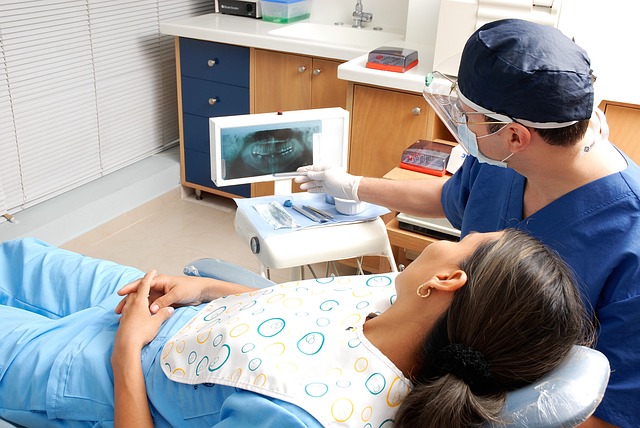Dental Assistant Training: A Comprehensive Guide to Launching Your Career in Healthcare
Dental assistants play a crucial role in modern dental practices, supporting dentists and hygienists while ensuring patient comfort and efficient clinic operations. If you're considering a career in this growing field, understanding the ins and outs of dental assistant training is essential. This article will explore the education requirements, skills development, and career opportunities associated with becoming a dental assistant.

Why is Formal Training Important for Dental Assistants?
While some states allow on-the-job training for dental assistants, formal education offers several advantages. Accredited programs ensure that students meet industry standards and are prepared for certification exams. This formal training also provides a solid foundation in dental terminology, equipment usage, and patient care techniques. Furthermore, many employers prefer or require candidates to have completed a recognized training program, making graduates more competitive in the job market.
What Skills Will You Develop During Dental Assistant Training?
Dental assistant training programs focus on developing a diverse skill set that combines technical knowledge with interpersonal abilities. Students learn to take and develop dental x-rays, prepare dental materials, and assist with various dental procedures. Additionally, training emphasizes critical soft skills such as communication, teamwork, and patient care. These programs also cover important aspects of dental office management, including scheduling, record-keeping, and insurance processing.
How Do You Choose the Right Dental Assistant Training Program?
Selecting the right training program is crucial for your future career success. When evaluating options, consider factors such as program accreditation, curriculum comprehensiveness, and clinical experience opportunities. Look for programs that offer modern facilities and up-to-date technology to ensure you’re learning on equipment you’ll encounter in real dental clinics. It’s also beneficial to choose a program with strong connections to local dental practices, as this can lead to valuable internship and job placement opportunities.
What Career Opportunities Are Available After Dental Assistant Training?
Completing a dental assistant training program opens up a variety of career paths within the healthcare industry. Graduates can find employment in general dental practices, specialty clinics, or even in educational settings. Some dental assistants choose to specialize in areas such as orthodontics, periodontics, or oral surgery. With experience and additional education, dental assistants can advance to roles such as office manager, dental hygienist, or even pursue further education to become a dentist.
What Are the Costs and Financial Considerations for Dental Assistant Training?
When considering dental assistant training, it’s important to understand the associated costs and potential financial aid options. Program costs can vary significantly depending on the institution and type of program.
| Program Type | Provider | Cost Estimation |
|---|---|---|
| Certificate Program | Community College | $2,000 - $5,000 |
| Diploma Program | Vocational School | $5,000 - $15,000 |
| Associate Degree | Community College | $10,000 - $30,000 |
| Online Program | Accredited Online School | $3,000 - $10,000 |
Prices, rates, or cost estimates mentioned in this article are based on the latest available information but may change over time. Independent research is advised before making financial decisions.
Many schools offer financial aid options, including grants, scholarships, and student loans. Some dental practices may also offer tuition reimbursement programs for employees pursuing dental assistant training. It’s crucial to research and compare different programs to find one that fits both your educational needs and financial situation.
Investing in dental assistant training can lead to a rewarding career in healthcare. With the growing demand for dental services, trained dental assistants are well-positioned for stable employment and competitive salaries. By carefully considering your options and choosing a quality training program, you can set yourself up for success in this dynamic and essential healthcare field.






